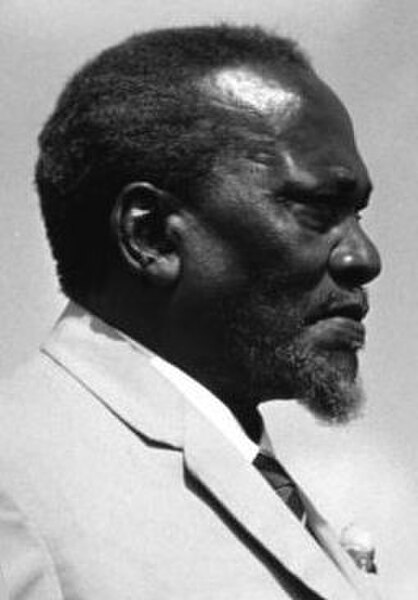Shifta originally was a word that had a heroic or anti-heroic connotation rather than a villainous character, over time, the term has taken on a more villainous meaning. It is a term mostly used in Ethiopia, Eritrea, Kenya, Tanzania, and Somalia. The Swahili word was loaned from the Somali shufta during the Shifta War, and is in turn derived from Amharic ሽፍታ (šəfta). Historically, the shifta served as a local militia in particularly remote, rural and often lawless parts of the Horn of Africa, namely the Ethiopian Highlands. The word shifta can be translated as "bandit" or "outlaw", but can include anyone who rebels against an authority or an institution that is seen as illegitimate, like the Arbegnoch guerillas during the Italian occupation of Ethiopia.
Ethiopian warriors in 1770, during the Zemene Mesafint
The Shifta War or Gaf Daba (1963–1967) was a secessionist conflict in which ethnic Somalis in the Northern Frontier District (NFD) of Kenya attempted to join Somalia. The Kenyan government named the conflict "shifta", after the Swahili word for "bandit", as part of a propaganda effort. The Kenyan counter-insurgency General Service Units forced civilians into "protected villages" as well as killing livestock kept by the pastoralist Somalis.
Jomo Kenyatta (pictured 1966) tried to suppress the rebellion without empowering the Kenya Army.
The shiftas raided cattle, including camels, during the conflict.



